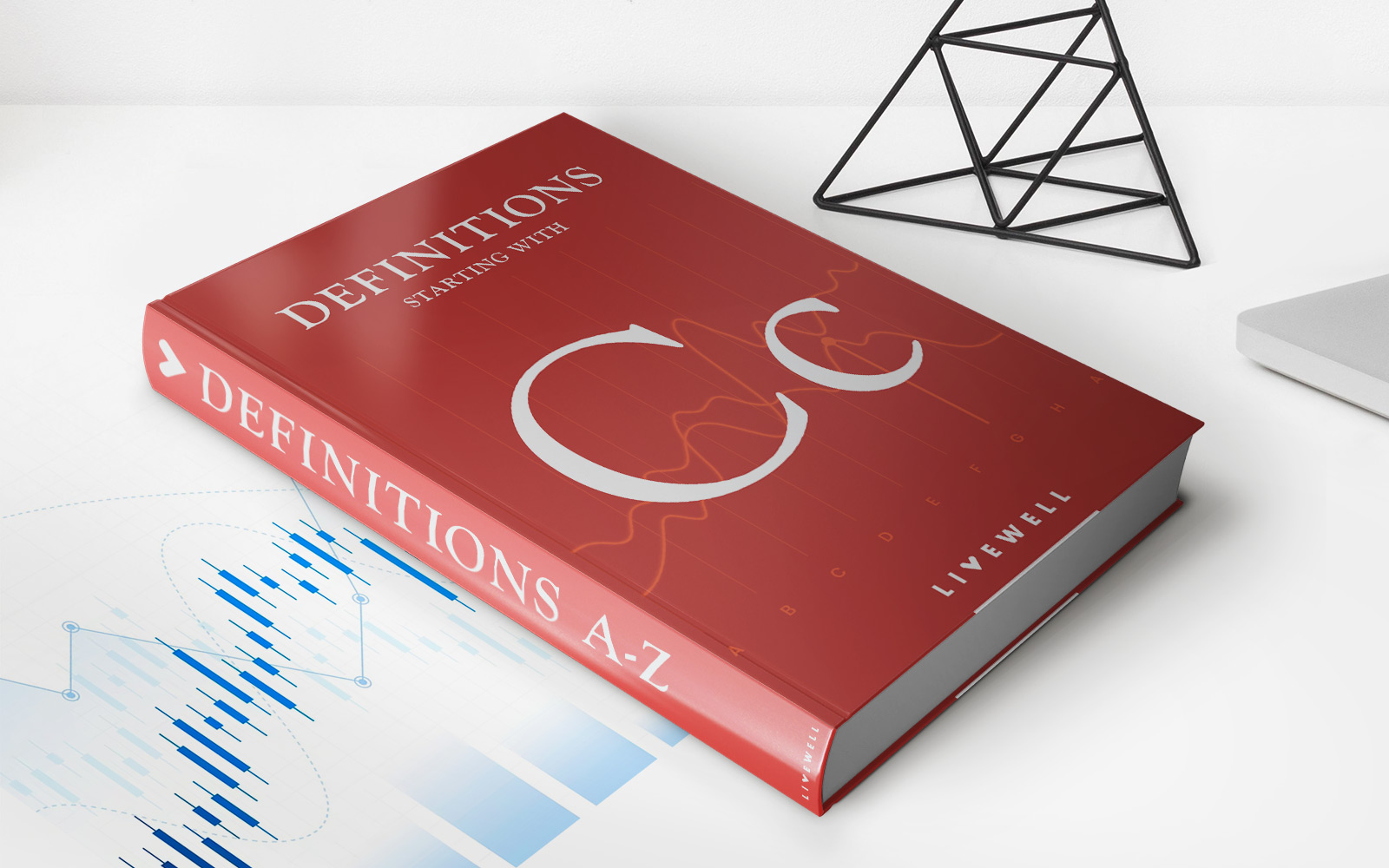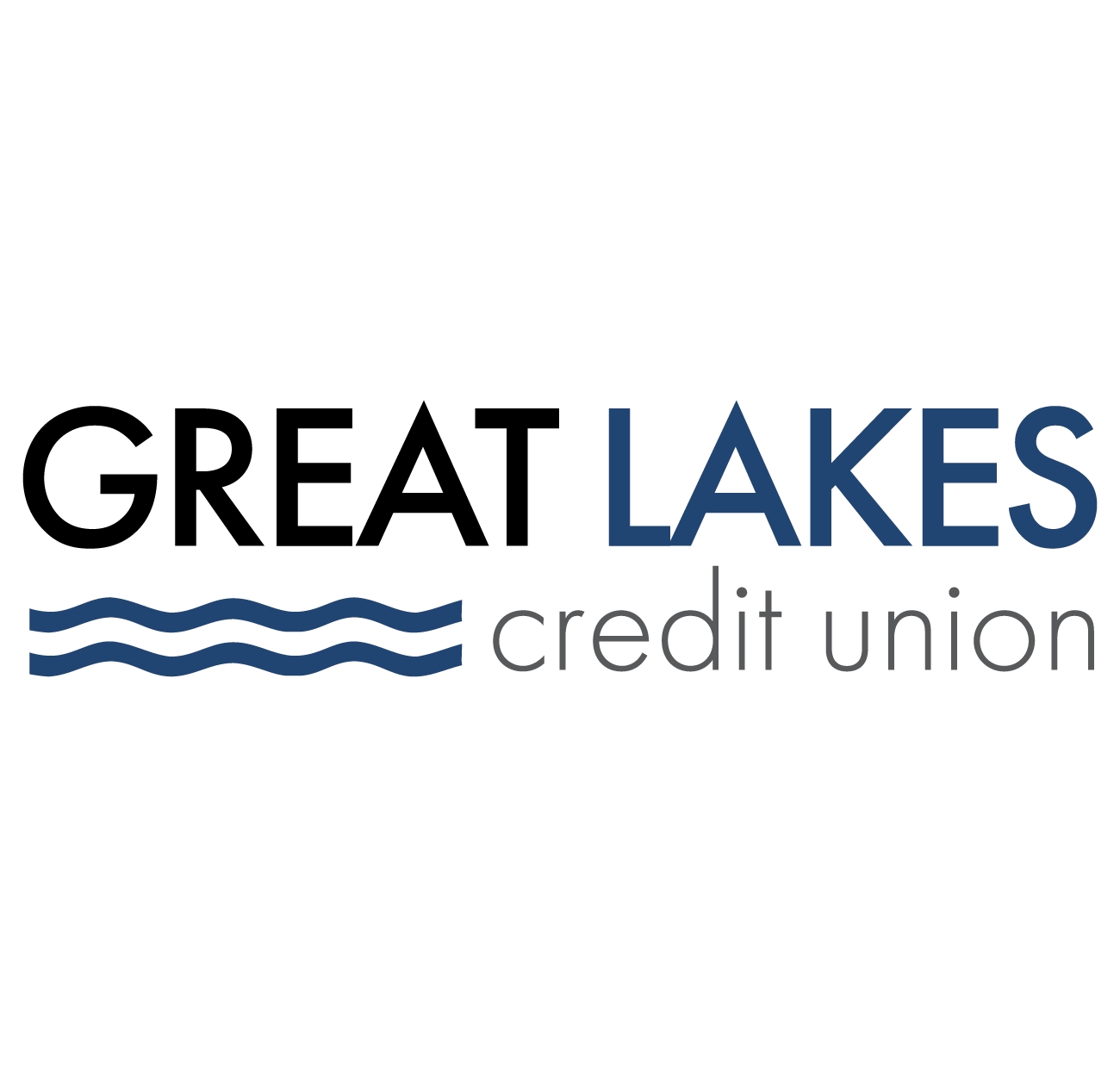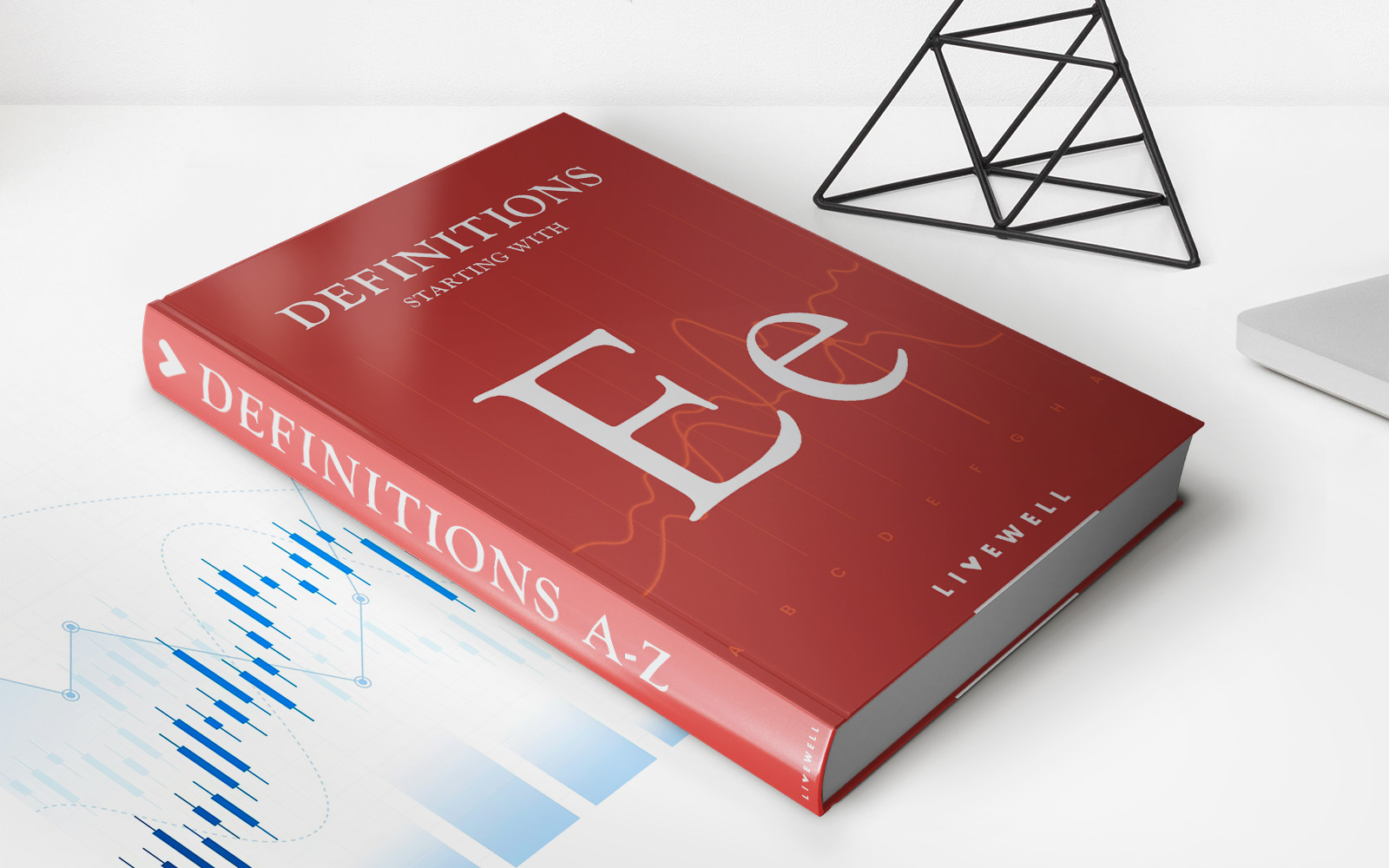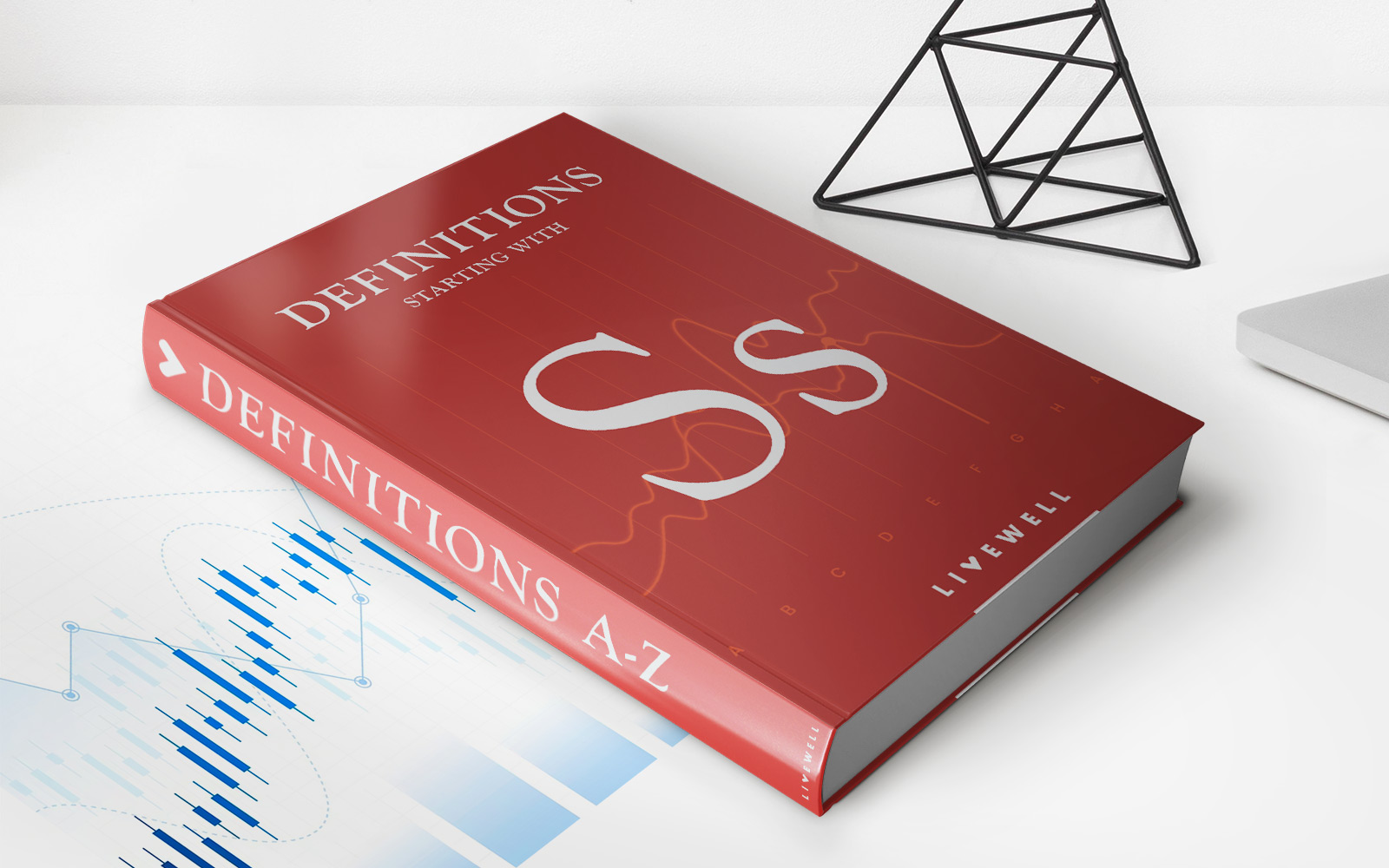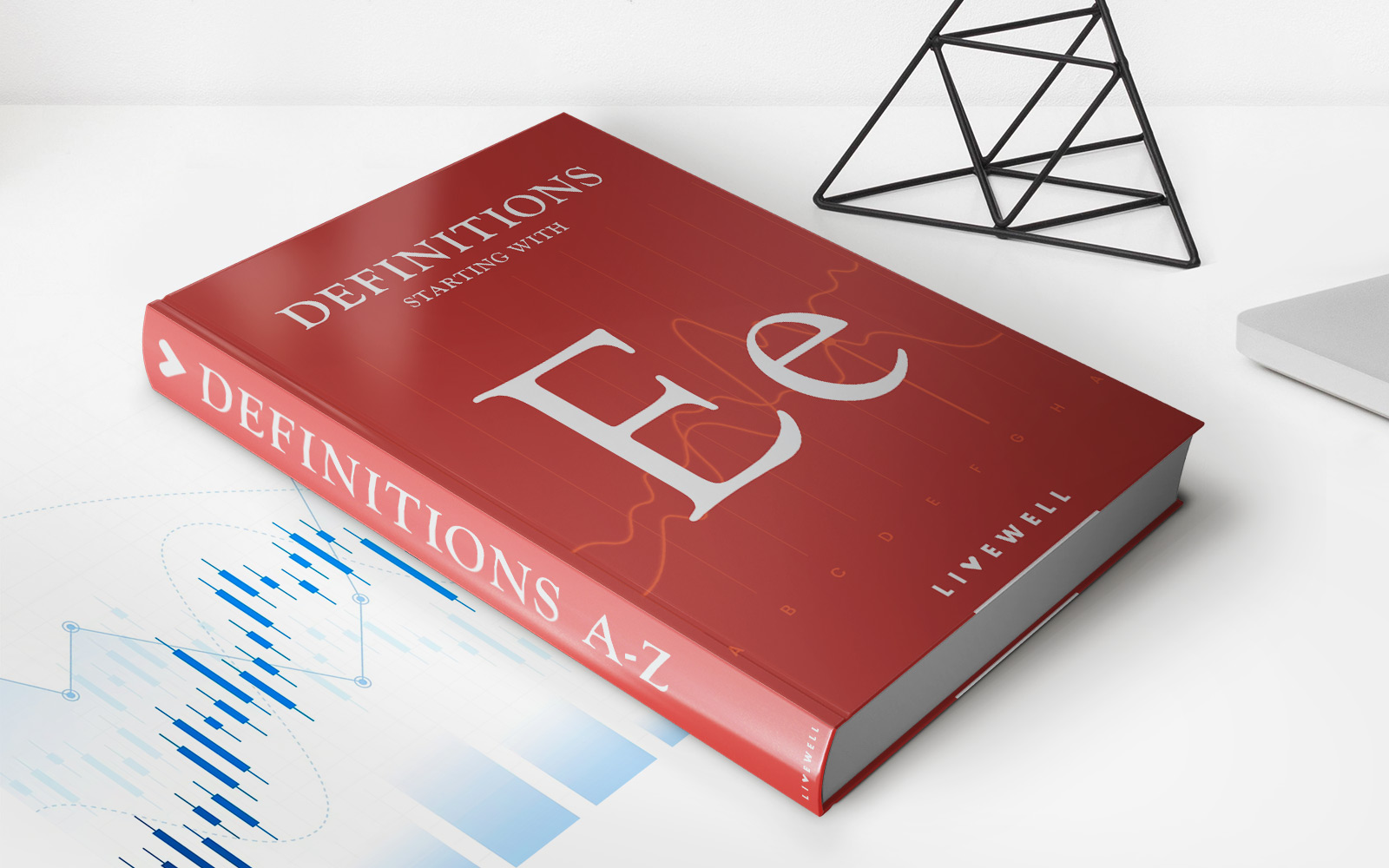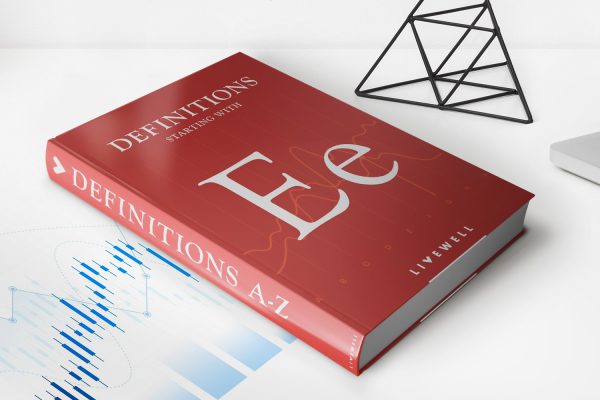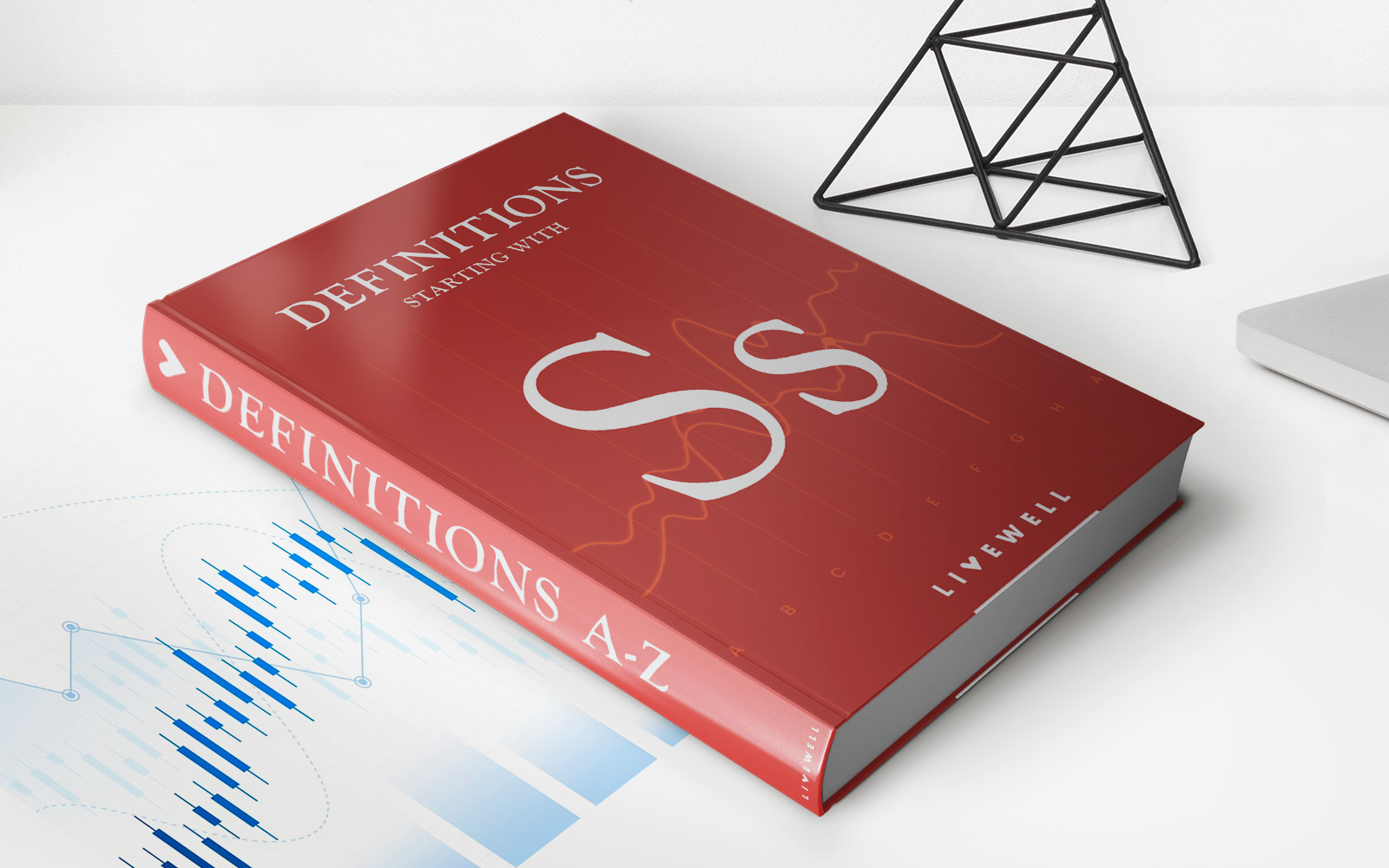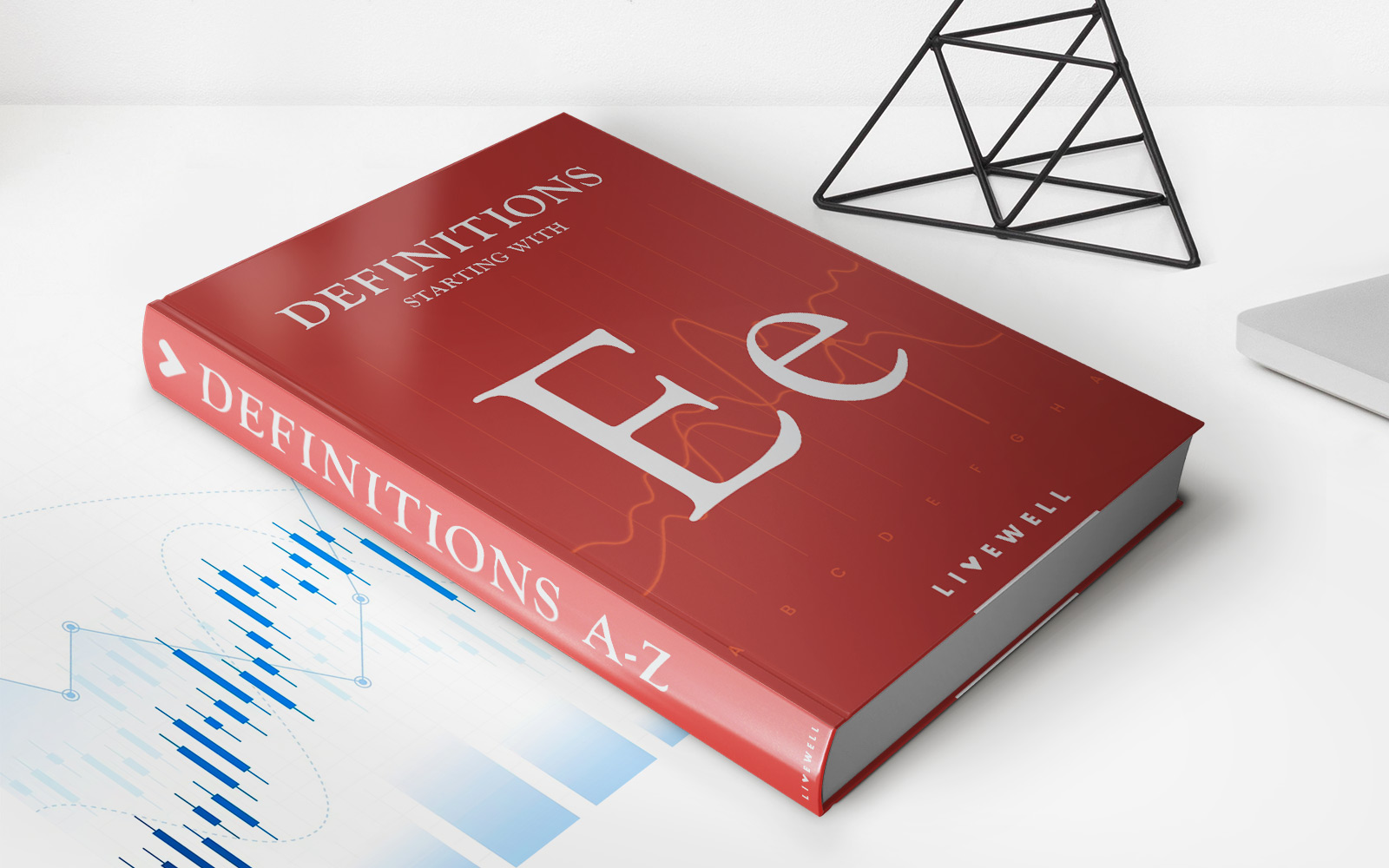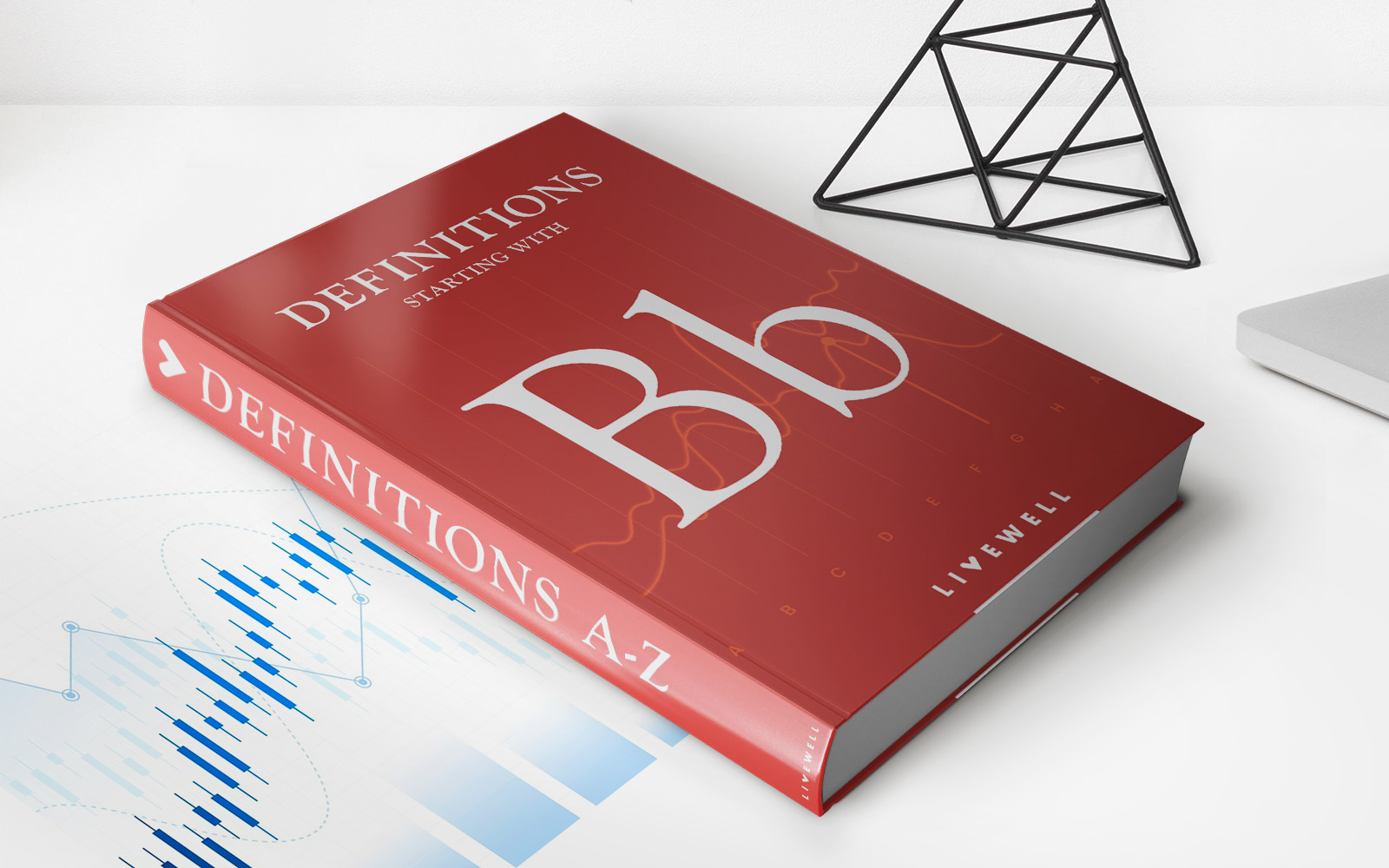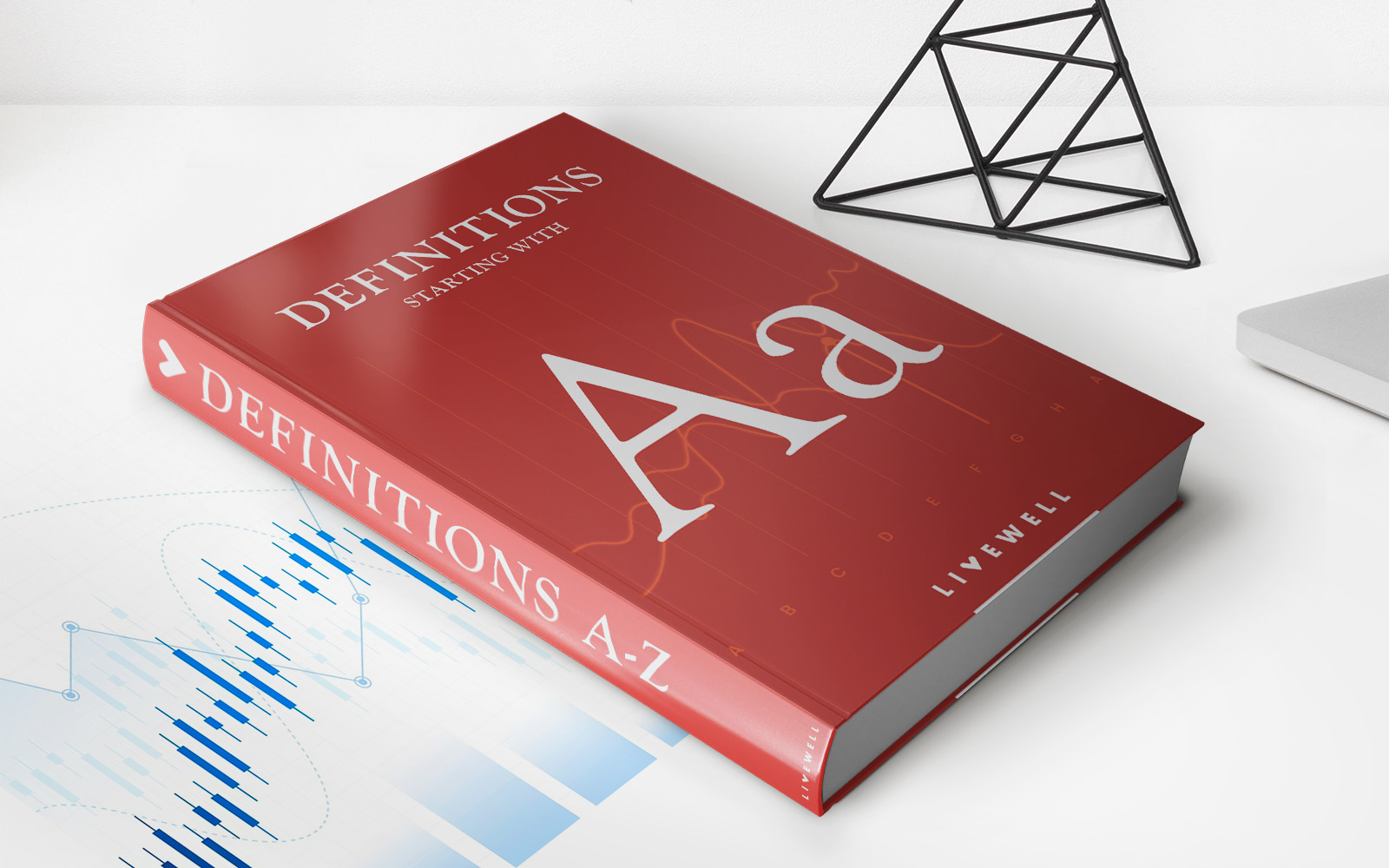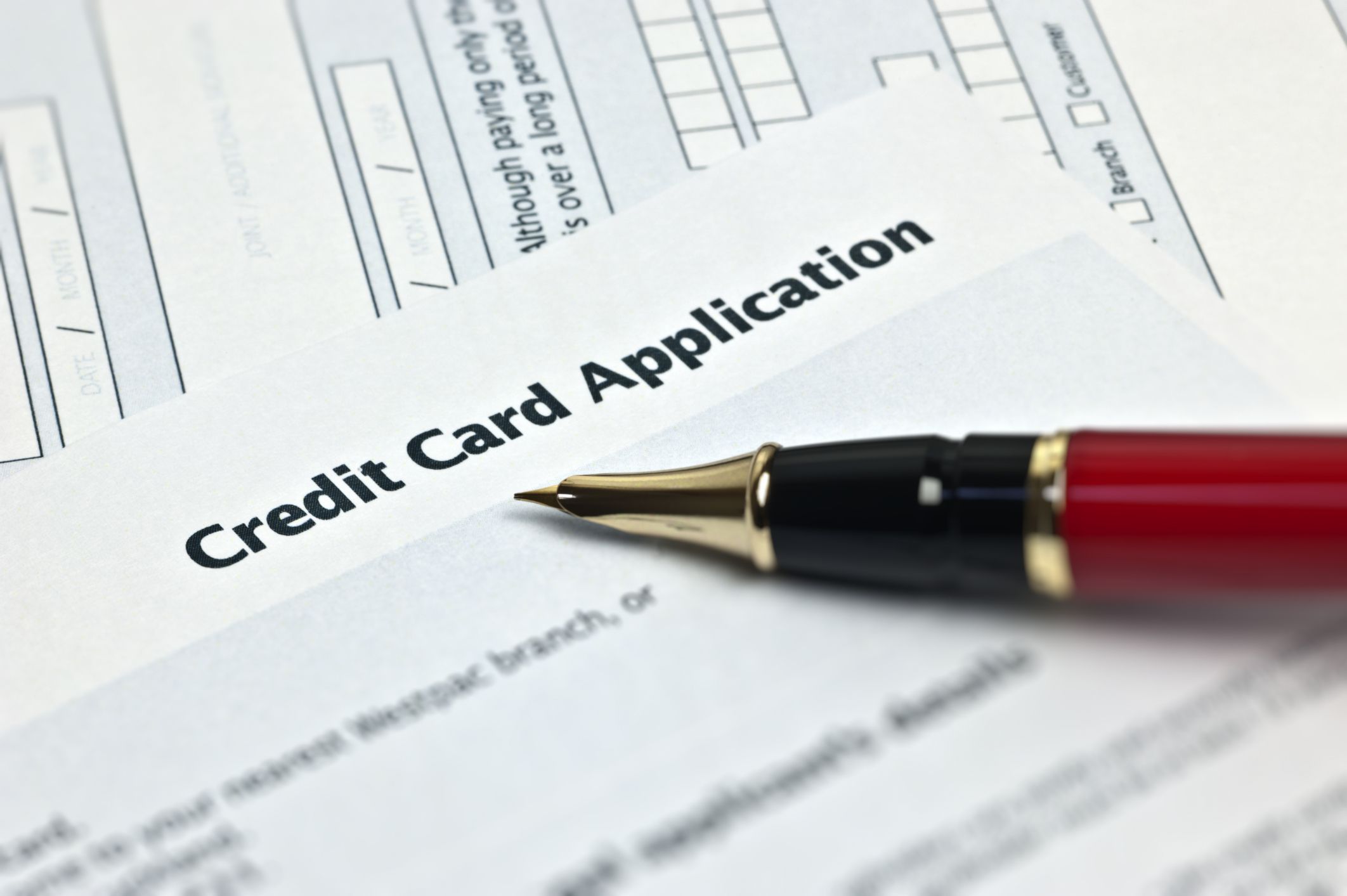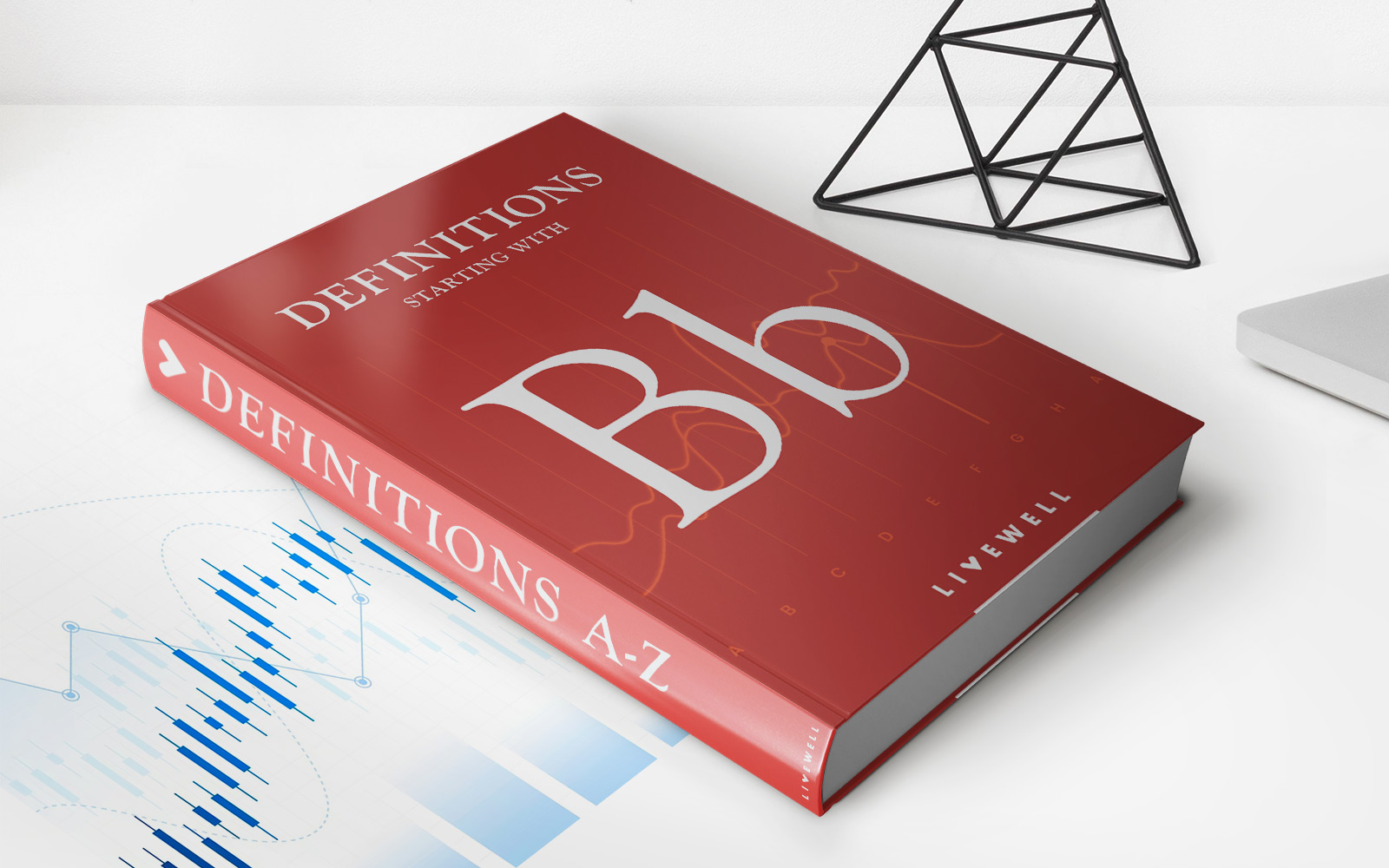Home>Finance>Unilateral Extended Reporting Period Provision Definition
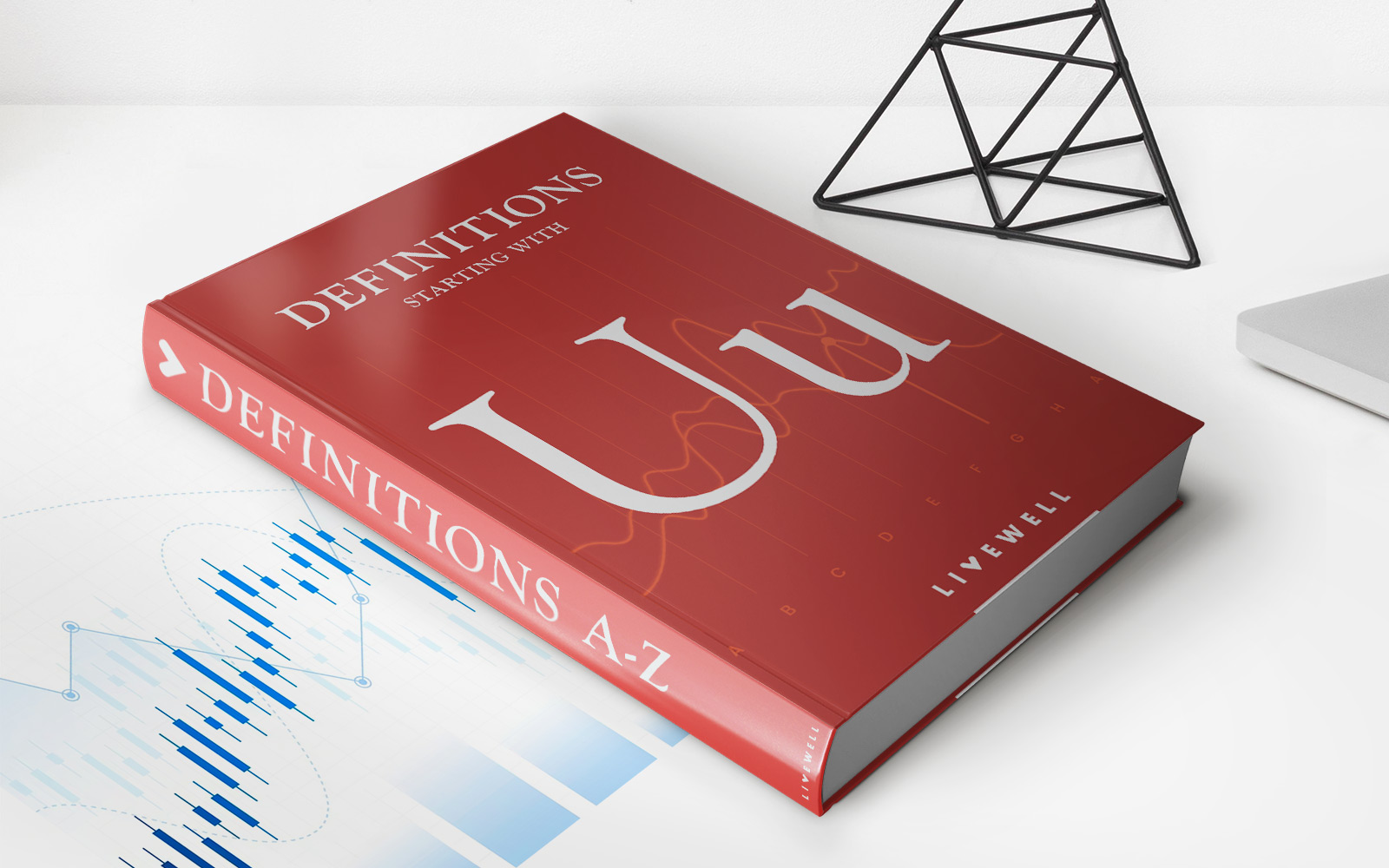

Finance
Unilateral Extended Reporting Period Provision Definition
Published: February 13, 2024
Learn about the definition of the unilateral extended reporting period provision in the finance industry and its implications.
(Many of the links in this article redirect to a specific reviewed product. Your purchase of these products through affiliate links helps to generate commission for LiveWell, at no extra cost. Learn more)
Understanding the Unilateral Extended Reporting Period Provision in Insurance
Finance is a vital aspect of our lives, and it encompasses various sectors, including insurance. Insurance plays a significant role in protecting individuals and businesses from unexpected risks. In this article, we will delve into a specific aspect of insurance known as the Unilateral Extended Reporting Period Provision (ERP). You may be wondering, what exactly is the Unilateral Extended Reporting Period Provision and how does it affect policyholders? Let’s find out!
Key Takeaways:
- The Unilateral Extended Reporting Period Provision is an insurance policy extension that allows policyholders to report claims beyond the policy’s expiration or cancellation date.
- This provision is usually available as an optional add-on to professional liability policies, such as Errors and Omissions (E&O) insurance.
The Unilateral Extended Reporting Period Provision, also known as ERP or tail coverage, provides an additional period of time during which policyholders can report claims that occurred before or during the policy period but were not reported within the standard reporting period. This extended reporting period is crucial as it offers protection against claims that may arise after a policy has expired or been canceled.
Imagine you are a professional in a field where errors or omissions could lead to costly legal action. You have diligently maintained professional liability insurance throughout your career to safeguard yourself. However, there may be instances where you retire, change careers, or wind down your business, leaving you without active coverage. This is where the Unilateral Extended Reporting Period Provision comes into play.
With ERP coverage, you have the option to extend the reporting period beyond the standard policy term. This means that even after your policy has expired or been canceled, you can still report claims related to incidents that occurred during the policy period. It offers a safety net, ensuring that potential claims that may arise after the policy expiration do not leave you financially vulnerable.
Some important points to consider regarding the Unilateral Extended Reporting Period Provision:
- The coverage period for ERP is typically one to five years, depending on the policy and insurer.
- ERP is usually available as an optional add-on when purchasing professional liability insurance. It is essential to carefully review your policy terms and consult with your insurance provider to understand the availability and cost of tail coverage.
- The cost of ERP coverage can vary based on various factors, including the nature of the profession, historical claims data, and the length of the coverage period.
- The decision to purchase Unilateral Extended Reporting Period Provision coverage should be carefully evaluated based on your specific circumstances. It is advisable to consult with an insurance professional who can provide guidance tailored to your needs.
In conclusion, the Unilateral Extended Reporting Period Provision is a valuable insurance policy extension that offers post-policy coverage for claims that arise after the policy expiration or cancellation. It provides peace of mind to professionals, ensuring they are safeguarded against unexpected financial liabilities. If you are considering professional liability insurance, it is worth exploring the availability and benefits of the Unilateral Extended Reporting Period Provision to protect yourself effectively.
